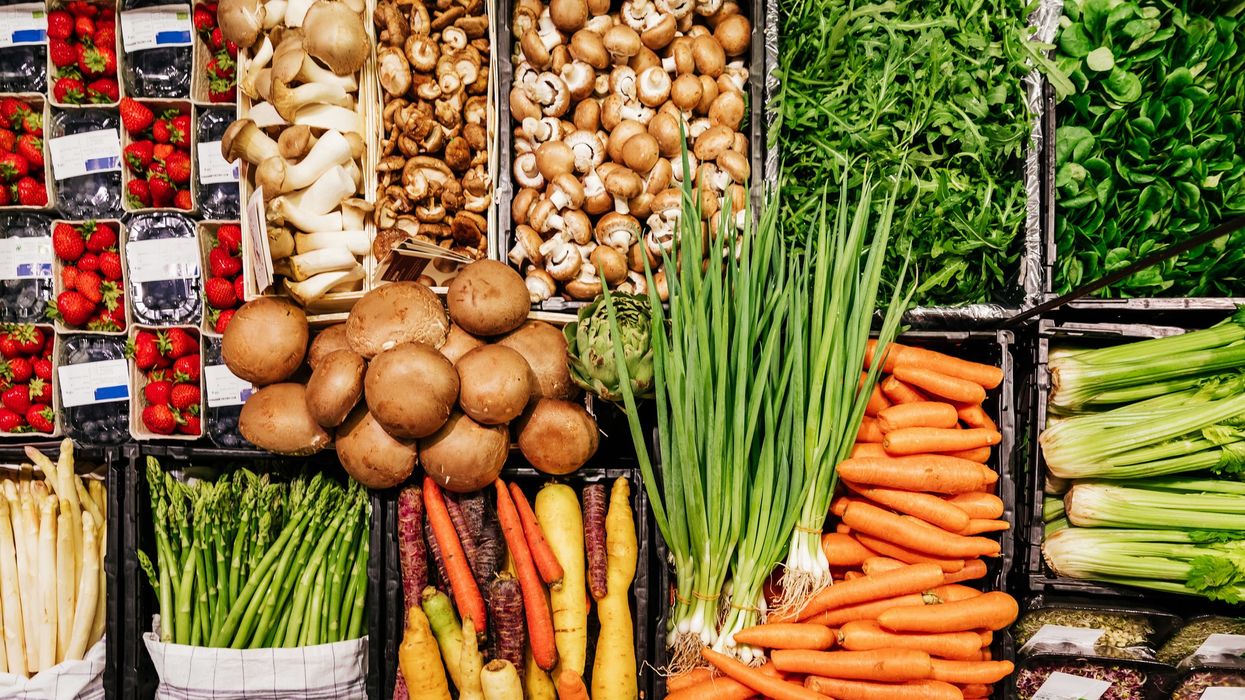VEGETARIANS are 73 per cent less likely to get severe Covid-19 than meat eaters, a new study has found.
According to the study, pescetarians were found to be 59 per cent less at risk than those who regularly eat red meat or poultry.
Low-carbohydrate, high-protein diets also appeared to be linked to a 3.8 times increased chance of getting moderate to severe Covid-19.
The research was published in BMJ Nutrition, Prevention and Health, where it examined data from 2,884 healthcare workers across six countries including the UK.
More than 2,300 did not contract Covid-19 and 568 did, and those who did - 138 reported moderate to severe symptoms and 430 had mild or very mild illness.
Participants for the study were given 11 choices: whole foods, plant-based diet; keto diet; vegetarian diet; Mediterranean diet; pescatarian diet; Palaeolithic diet; low fat diet; low carbohydrate diet; high protein diet; other; none of the above.
Among the 568 participants who reported they had previously had Covid-19, 41 said they followed a plant-based diet and 46 said they followed a plant-based or pescatarian diet.
The researchers found that each the 46 people consumed less meat and dairy than other cohorts, but they still had 13 portions of dairy, two portions of egg, one poultry dish and two red meat meals a week, on average.
Dr Gunter Kuhnle, professor of nutrition and food science at the University of Reading, said: "The findings of the study are not surprising, as people who follow a mainly plant-based diet or eat fish are often healthier when compared to a control group with a 'normal' diet.
"An interesting – and for some surprising – finding is the higher risk found in those following a low-carbohydrate diet."
However, Dr Carmen Piernas, nutrition scientist at the University of Oxford, criticised the way the study was conducted and questioned the strength of the findings.




